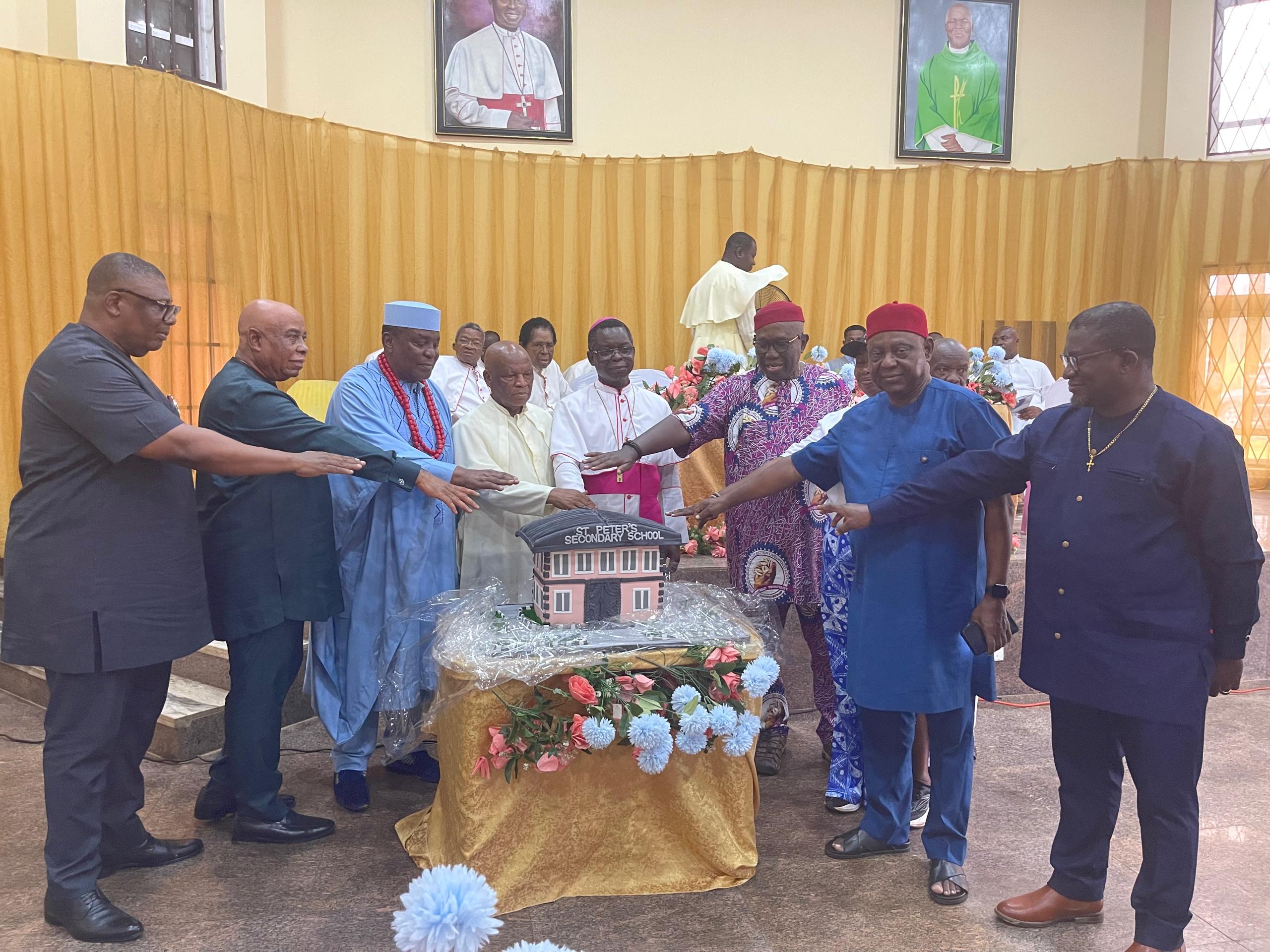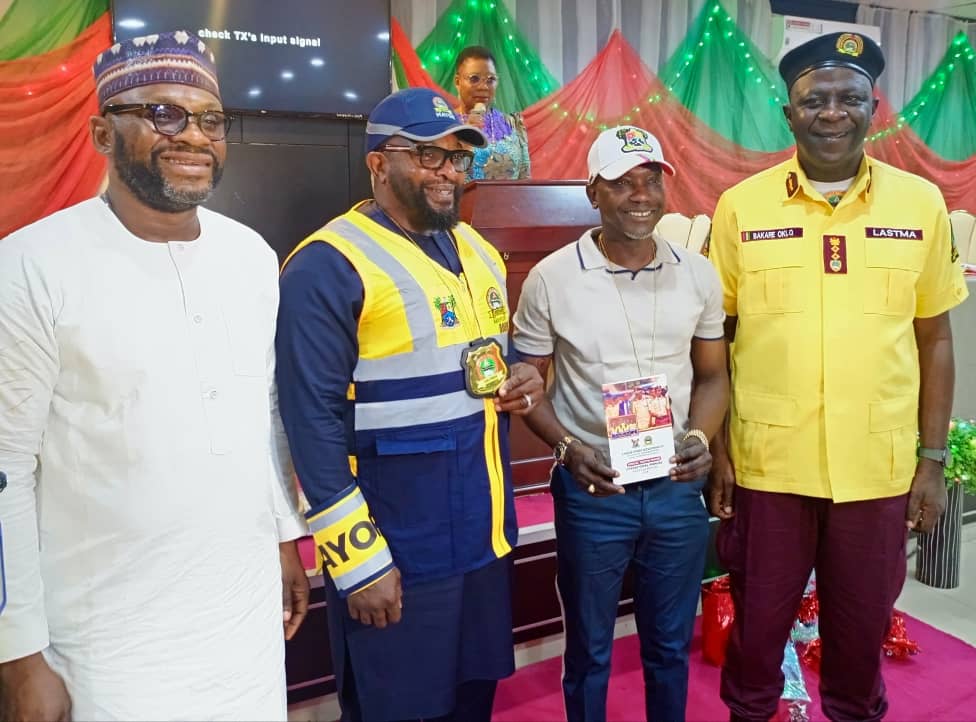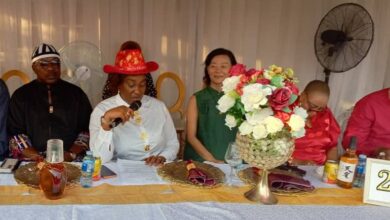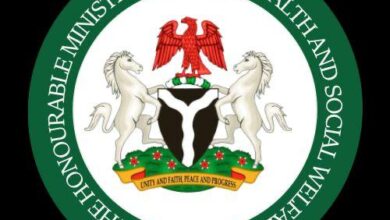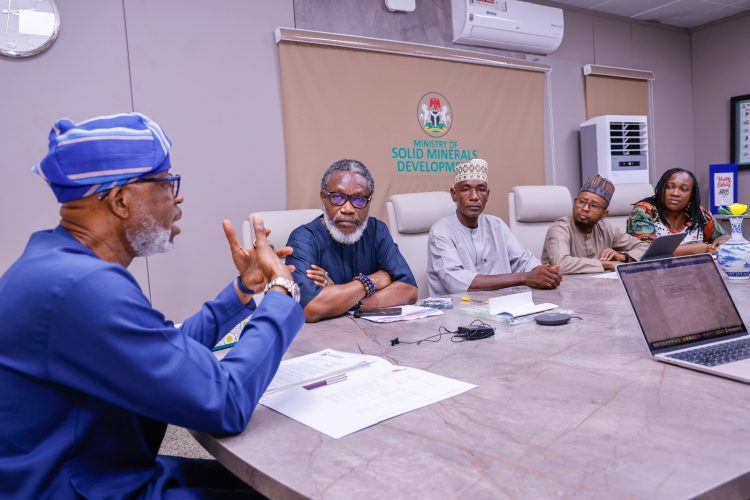Defections, Docility, and Denial: Senator Imasuen Defends Senate Amid Fears of One-Party Rule
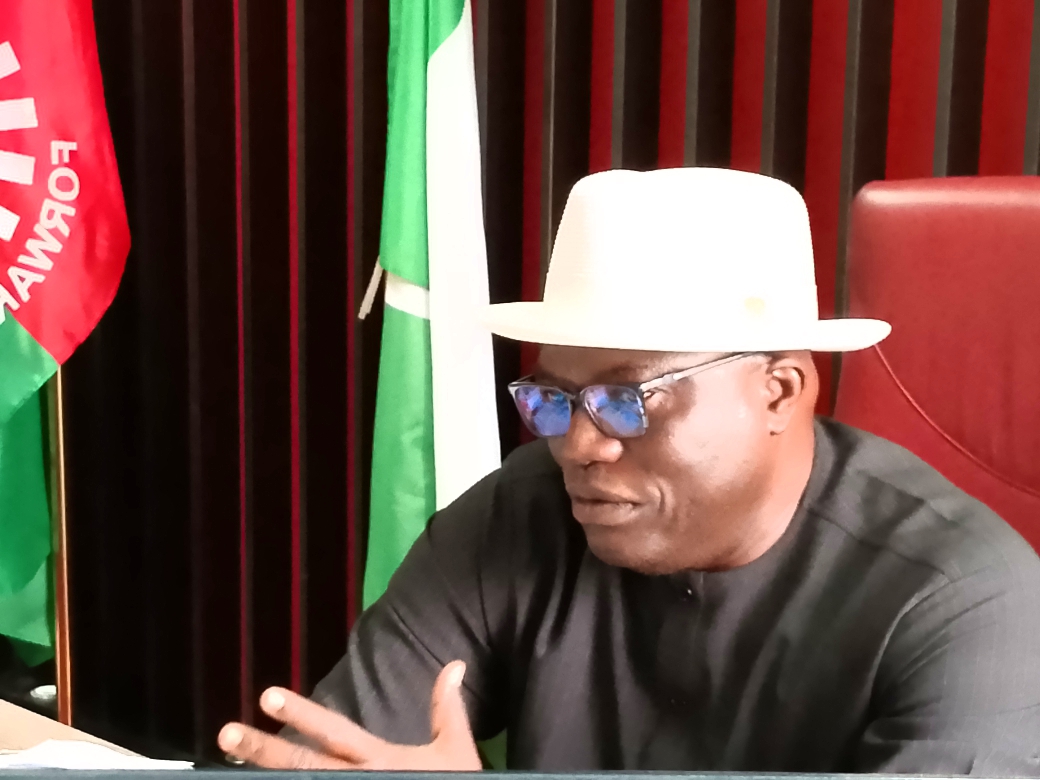
PDP is going through its own problems. Labour is even worse…
By Fatima Saka
In a political climate clouded by allegations of executive overreach, legislative docility, and a growing drift toward single-party dominance, Senator Neda Imasuen, Chairman of the Senate Committee on Ethics, Privileges and Public Petitions, has pushed back against what he described as “unfair” criticisms of the 10th Senate’s perceived subservience to the executive arm of government.
Speaking in an exclusive interview on Thursday in Abuja, the Senator representing Edo-South Senatorial District rejected the popular accusation that Nigeria’s legislature is a “rubber stamp,” a term used by critics to describe a Senate that rarely challenges executive bills or decisions.
“If that is what is considered rubber stamping, then I will be guilty of it,” he declared, defending his stance that bills should be judged on merit rather than their origin. “When a bad bill comes, I will not support it. If a good bill comes, it doesn’t matter who authored it, it gets my full support.”
But this unflinching support for the executive, particularly under the administration of President Bola Ahmed Tinubu, raises fresh questions about the independence of the legislature in Nigeria’s democracy, especially as party defections accelerate and opposition parties fragment under internal crises.
Imasuen also dismissed rising concerns over the growing exodus of lawmakers to the ruling All Progressives Congress (APC), calling defection “not a crime” and citing constitutional freedoms of association.
“It’s the party in government. It’s more stable,” he said, referring to the APC, while painting a bleak picture of the opposition: “PDP is going through its own problems. Labour is even worse… you’ll be taking the risk of your life if you want to run on that platform.”
However, critics argue that this rhetoric normalizes political opportunism and erodes the multi-party structure essential to Nigeria’s democracy. With weakened opposition parties and an emboldened ruling party, the line between political stability and democratic stagnation becomes increasingly blurred.
On the much-anticipated national security summit, Imasuen hinted at optimism but acknowledged past failures: “The 8th and 9th Senates held summits too, but the executive did nothing with the outcomes,” he said, while expressing hope that the Tinubu administration would act differently. “He’s serious about security… I believe he will make use of the outcome.”
Yet, many Nigerians remain skeptical. With insecurity escalating across the country, the question remains whether another summit, however well intentioned, can deliver results where previous ones have failed.
Looking back on the 10th Senate’s performance, Imasuen praised the legislature’s “boldness” in tackling politically sensitive issues, citing the Value Added Tax (VAT) legislation as a notable example of prioritizing national interest over political backlash.
He also advocated for a population census, describing it as essential for national planning — a sentiment widely shared by policymakers and development experts alike. “However, the lack of legislative pressure on the executive to expedite such reforms continues to fuel doubts about the Senate’s effectiveness.”
READ ALSO: Defections, Docility, and Denial: Senator Imasuen Defends Senate Amid Fears of One-Party Rule
Senate Criminalizes Chemical Ripening of Fruits, Summons NAFDAC Over Public Health Risks
While Senator Imasuen portrays the current Senate as pragmatic and committed to national progress, his interview does little to address fears about the weakening of democratic checks and balances. In defending the Senate’s cooperation with the executive and justifying mass defections, he inadvertently reinforces the public’s perception of a legislature that may be trading its independence for political survival.
In an era where Nigeria’s democracy is under strain, citizens must ask: Is the 10th Senate truly serving the people, or simply securing its place in power’s shadow?

